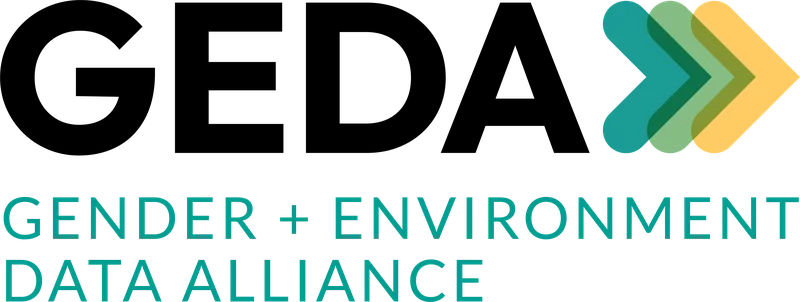SB60 Side Event: Gender-responsive data for climate action
DI presented at this event which aimed to highlight the critical role of gender data in shaping climate policies, with a focus on the Gender Action Plan and the impact it can have at regional, national and local levels.

At the 60th session of the UNFCCC Subsidiary Bodies in Bonn, Development Initiatives (DI) took part in a side event hosted by the Gender and Environment Data Alliance . The meeting was titled Gender-responsive Data for Climate Action. La Ruta del Clima and OutForSustainability also presented, and the event was moderated by Marianne Gilchrist of Arizona State University’s Julie Ann Wrigley Global Futures Laboratory .
The event aimed to highlight the critical role of gender data in shaping climate policies, with a focus on the Gender Action Plan and the impact it can have at regional, national and local levels.
DI’s Martha Bekele presented on work that we are doing in partnership with the Kvinna till Kvinna Foundation , and a forthcoming policy briefing we are producing with them. Together, we have carried out initial research into gender data and gender-responsive climate finance (GRCF) in Rwanda. This research sought to answer the questions:
- What is the implication of missing data?
- How much do we know about GRCF in Rwanda?
- What are the hurdles Rwandan women's rights organisations and women-led organisations face?
- What would it take to fill the data gap on gender-climate- environment?
To hear more about our findings and recommendations, watch the event recording below.
► Read more from DI about gender and climate change
► Share your thoughts with us on Twitter or LinkedIn
► Sign up to our newsletter
Related content
ODA financing the climate–gender–disability interface: Key facts
Donors and African domestic budget allocators must consider the impact of climate change on women and girls with disabilities when making financing decisions
From gender-relevant to gender-transformative climate finance: Rwanda case study
This briefing examines the gendered impacts of climate change on women and girls, using Rwanda as a case study. It analyses the reporting, availability and tracking of gender-relevant climate finance, and the barriers that hinder women's rights organisations' access to finance.
Concessional loans for Africa's climate crisis: Whose fiscal effort?
What volume and proportion of finance to African countries for climate action came as loans in 2022? Is it targeting need? We look at data from the DAC, IDA and China.